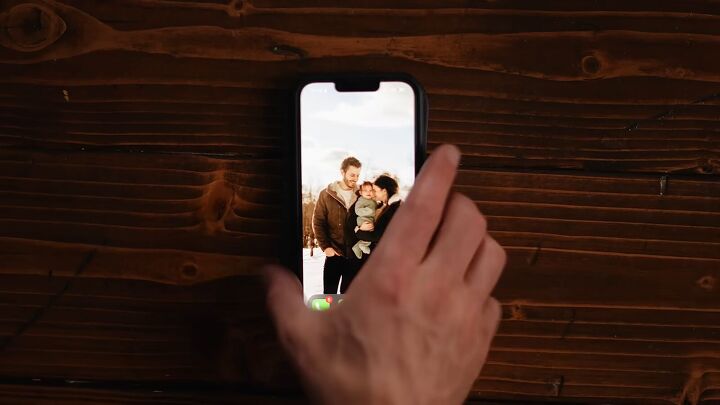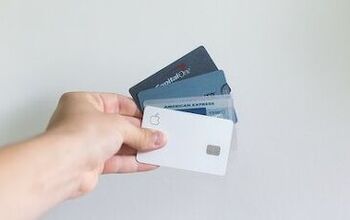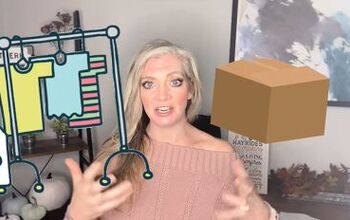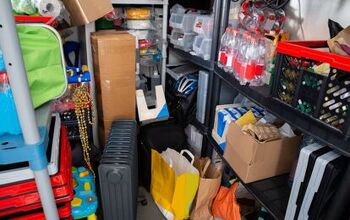8 Important Ways You Can Practice Digital Minimalism

In the past week, I've tried to live by some of the lessons I learned about digital minimalism. I've been spending too much time on all of my technologies. I wanted to see if living by these lessons could improve my relationship with tech.
1. The great reset
Reset your habits and your mind by taking a break from all unnecessary technology. Cut out social media and even news for a designated period of time of your choosing. I uninstalled all nonessential apps on my phone.
When you return to the baseline of what it’s like to be without technology again, pay attention to how you feel. I noticed I had a little bit of withdrawal. You don't realize how addicted to this stuff you are until you take it away.
Consider which things added something positive to your life and which were just wasting time.
2. Be intentional with your technology
Now that you have reset, it’s time to start reintroducing things back into your life in a very conscious and meaningful way.
Consider which apps you will bring back and why. If you realize one of your media apps was purely for wasting time and added nothing valuable to your life, you might want to leave that one off your phone.
I became more conscious of the fact that I use social media as a form of escapism and a way to cope with stress. If I have something that's important to do, I am so tempted to just grab my phone and zone out. It’s much easier to scroll mindlessly than do something productive.
Ask yourself what you’re hiding from. Being aware of these things will allow you to be a lot more intentional with how you're using your tech.
As you start to reintroduce apps and different things back onto your phone, try to focus on ones that actually improve your life in some way.
Are you connecting with people? Are you getting work done? Are you being efficient? Are they actually bringing you real joy and not just a little dopamine high?
3. Embrace solitude
In a world full of distraction it is easy to forget the importance of solitude. We need time to ourselves. We need some quiet time and even a chance to be bored.
Use that time to think about your goals and how to pursue them. Solitude provides space to think about what direction you want to go in and how you want to improve your relationships.
4. Quiet time
Give your mind some quiet time to sort things out. I've been doing this by going out on walks without my phone. I take a few minutes a couple of times a day to just feel my body and assess it.
Am I relaxed? Or am I wound up because I've got all this stress? It’s impossible to have any awareness of these things when I'm distracted by technology. Quiet time helps me reconnect with myself.
5. Schedule your screen time
Set up some boundaries by designating certain limited times of the day you can use your phone. You can even set your phone to limit the amount of time you can spend on specific apps. This will prevent you from mindlessly scrolling.
Put your notifications on silent and schedule time to check them. When all your notifications are on it’s impossible to get work done. It’s impossible to truly focus because you're constantly being pulled back to the phone.
Turning off notifications allows you to decide when to check your phone. I try to check emails one time in the morning and then one time in the evening so I'm not constantly replying to it all day. It's not a messenger app. It's not supposed to be instant. It's mail.
6. Engage in high-quality leisure activities
This step will look different for everyone depending on what they enjoy. Find things that you love doing to fill the time you would have been mindlessly staring at the phone.
This way it’s not just about cutting things out of your life. It’s also about adding more valuable things. It could be getting outside again, starting to cook, learning an instrument, or starting a side hustle. Find the activities that bring you joy and enrich your life.
7. Manage attention, not just time
You can be walking through the most beautiful countryside, but if you’re distracted looking at your phone, you can miss out on the experience.
A person who is having an interesting experience and thinking about how to show it off on social media is actually robbing themselves of truly experiencing anything at all. Be intentional with your attention. It is your most valuable resource
8. Practice slow media consumption
Media is designed to capture our attention. It’s created in extremely well-researched, well-thought-out ways to get you to watch as long as possible so that they can make a living. When you realize this, you start to notice how little of what you watch is actually useful. Your brain gets tricked into watching.
Slow media consumption can actually really improve how you connect with social media and the news. For me, this means watching more long-form content, listening to more podcasts, and finding a few specific resources that I get my news from.
I look at each one of those things and ask myself if it’s going to improve my life. I chose to consume media that will get me closer to my goals, help me be healthier in some way, or help me learn.
Digital minimalism
Technology is an amazing tool that can enhance our lives in so many ways when used in a controlled manner. Without boundaries, we run the risk of losing our agency over what we consume online and how much time and attention we give to our devices.
Digital minimalism is a great way to maintain authority and control over our engagement with technology.


























Comments
Join the conversation